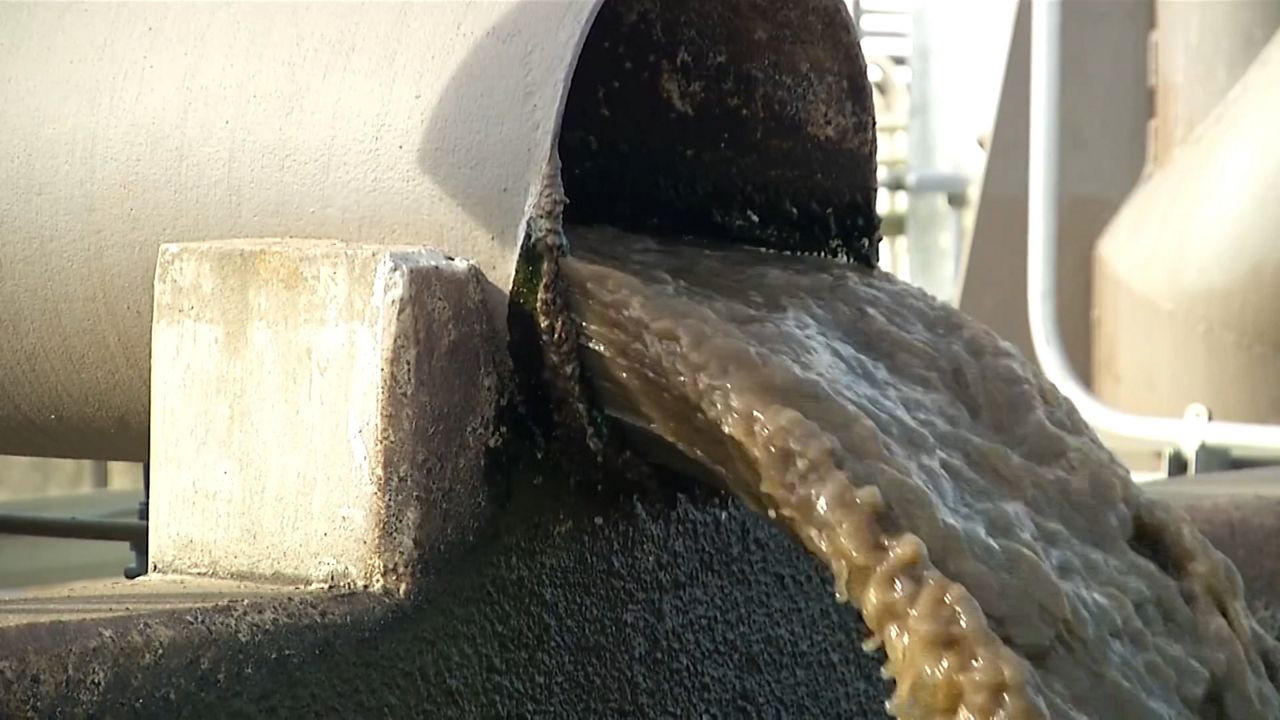COLUMBUS, Ohio — Cities across the country are using wastewater to track the spread of monkeypox.
In Ohio, the state’s department of health is discussing the start-up of similar programs with the Centers for Disease Control and Prevention.
In the last few years, researchers prove that what is flushed away can actually be used as helpful data.
“What is so great about wastewater monitoring is that it allows you to capture a sample from an integrated population all at once,” The Ohio State University Assistant Professor Natalie Hull said. “You get a really wide snapshot of what’s going on in the community from a single sample.”
Hull served as an investigator for the Ohio Coronavirus Wastewater Monitoring Network during the peak of the pandemic.
“People now are already primed to talk to each other about it and understand it and understand the utility of wastewater monitoring as a tool that can help inform decision making and policies and where to allocate maybe more testing or vaccine resources,” she said.

Hull said there has already been research and development related to monkeypox testing.
“There’s already been a lot of research and development related to this virus,” Hull said. “So there are already primers that have been developed that people could immediately start using and apply to wastewater samples to be able to detect monkeypox in wastewater samples.”
The Ohio Department of Health runs the state’s wastewater monitoring program. Monkeypox is something they are not tracking currently but is something they are considering.
“The science of monitoring for monkeypox virus in wastewater continues to evolve,” ODH said in an emailed statement. “The Ohio Department of Health is coordinating with the Centers for Disease Control and Prevention and other states to evaluate those methods, and how wastewater monitoring might be integrated into the state’s public health response.”
Cities across the country like Portland and New York are testing their waterways for monkeypox already, but for Ohio to jump on board, Hull said a lot of adjustments have to be made to the current system.
“Those big differences of translating from an RNA virus to a DNA virus, that is a big one,” she said. “Because it impacts both the PCR process itself because now there’s no reverse transcription step and also the extraction of the virus from samples.”
Hull said that doesn’t mean things won’t change with the emergence of new or old viruses.
“With polio and monkeypox and other viruses that have been eradicated, and we’re no longer vaccinating against them, it will be really important to be able to detect across very wide populations so those quick decisions can be made about where to take action to protect public health,” she said.



